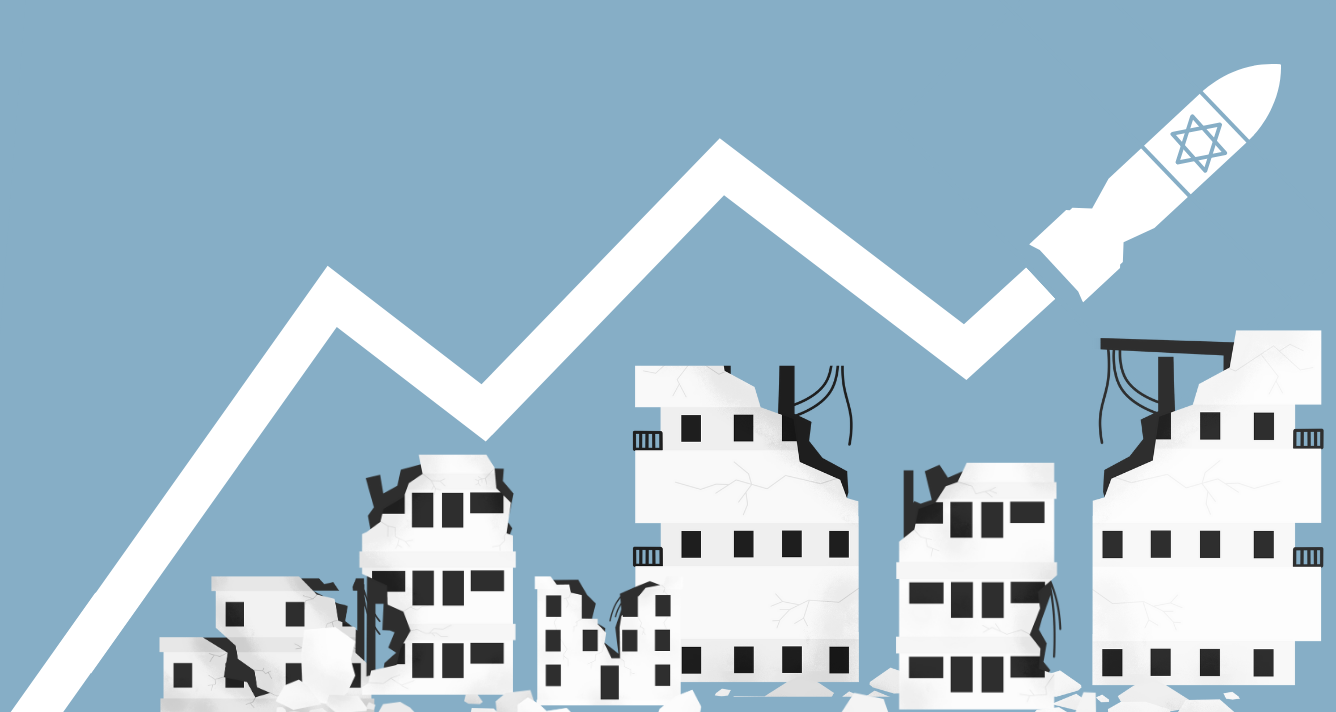by Kit Klarenberg, Activist Post:

A new academic study has made a shocking and highly controversial finding. Suspicious Israeli stock market activity in the days preceding Operation Al-Aqsa Flood on October 7 indicates that a particular party had foreknowledge of the impending attack and used that information to directly profit from the panic that ensued.
The paper, authored by Robert J. Jackson Jr. of New York University School of Law and Joshua Mitts of New York University School of Law, concludes that based on a “significant spike” in short selling of listed Israeli companies, persons unknown were aware of the operation was impending, and sought to profit illicitly. Short selling – or shorting – allows traders to bet a stock will perform poorly and reap rewards if they’re correct.
TRUTH LIVES on at https://sgtreport.tv/
Shorting is a relatively rare practice compared to traditional trading and with good reason. Losses can be vast if forecast poor performance doesn’t materialize, and many investment advisors warn against engaging in the practice under any circumstances. Strikingly though, the academics found shorting of Israeli companies in days immediately before October 7 “far exceeded short selling that occurred during numerous other periods of crisis, including the recession following the financial crisis, the 2014 Israel-Gaza war, and the COVID-19 pandemic.”
The pair argue this activity may reflect attempts by Hamas operatives to profit from, if not outright finance, their forthcoming attack, an allegation eagerly taken up by Hebrew newspaper Haaretz. Meanwhile, Israeli finance rag Globes attacked the study, claiming “huge errors” by its authors in overestimating the profits of individuals who shorted Israeli stocks. The pair mistakenly quoted returns in agorot, a denomination of Israeli currency, as shekels – in pennies as dollars in U.S. terms – leading them to inflate investor returns by a magnitude of 100.
Yet, the outlet acknowledged a “consistent rise in short trading balances on [Israeli] shares prior to the outbreak of the war.” Moreover, the Israeli government has taken the paper’s findings so seriously that an official investigation has been launched to ascertain the truth. As we shall see, there is good reason to believe that if someone sought to enrich themselves due to foreknowledge of Operation Al-Aqsa Flood, it is unlikely they were connected to Hamas.
The paper notes numerous historical precedents for such activity, which “occurs in gaps in U.S. and international enforcement of legal prohibitions on informed trading.” Research on “profitable trading on the basis of information about coming military conflict” is an underdeveloped academic field. Such lack of oversight and scrutiny around shorting by Western regulators and watchdogs may explain who profited this time and why.
‘SUDDENLY AND SIGNIFICANTLY’
The academics conclude, “Our evidence is consistent with informed traders anticipating and profiting from the Hamas attack.” Concerns about the paper muddling up profit totals aside, this finding is highly persuasive. Multiple datasets reviewed therein amply show an indeed “significant spike” in short selling in the immediate leadup to Operation Al-Aqsa Flood – and a supremely suspicious one at that.
For example, the shorting of dozens of Israeli companies listed on the Tel Aviv stock exchange “increased dramatically” before the attack. One firm alone saw 4.43 million new shares shorted from September 14 to October 5. On U.S. exchanges, too, there was a “sharp and unusual increase, just before the attacks” in highly risky short-dated options being placed on Israeli stocks, which expired almost immediately after the attack started.
A graph showing shorting of the Israeli stock exchange ETF pre-Operation Al-Aqsa Flood, as part of the wider market
Similarly, on October 2, the shorting of the MSCI Israel Exchange Traded Fund (ETF), a passive investment vehicle tracking the performance of the Israeli stock exchange overall, “suddenly, and significantly, spiked.” For context, the authors note this was the 30th-highest daily shorting volume ever experienced by the ETF over the 3,570 trading days leading up to Operation Al-Aqsa Flood. In other words, it was one of the biggest bets on poor Israeli stock exchange performance since 2009.
This shorting “far exceeded” the shorting of Israeli stocks at the start of the COVID-19 pandemic, which briefly produced one of the biggest international stock market collapses in history. In March 2020, the Dow Jones Industrial Average dropped 2000 points, effectively vaporizing trillions of dollars from the global economy, in “the biggest ever fall in intraday trading” yet recorded. No wonder the authors conclude:





